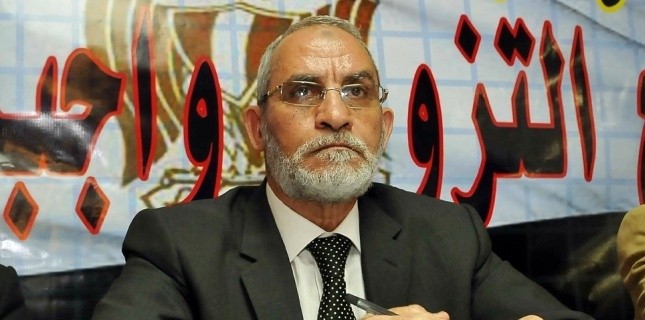Tensions are mounting in the Gaza Strip as disagreements over post-war reconstruction threaten to undermine the fragile ceasefire that took effect earlier this month. The disputes come amid ongoing humanitarian challenges and rising political friction among the parties involved in rebuilding efforts.
The Ministry of Health in Gaza announced that eight bodies and 13 injured people had been brought to hospitals in the past 48 hours, raising the total death toll since October 7, 2023, to 68,527, with 170,395 wounded.
Since the ceasefire took effect on October 11, 2025, there have been 93 new deaths, 337 injuries, and 472 bodies recovered from under the rubble, of which only 72 have been identified out of 195 bodies handed over by Israel.
Meanwhile, international discussions are intensifying over Gaza’s reconstruction following months of destruction. The United Nations and the World Bank estimate rebuilding costs at between $70-80bn. Italy has expressed its intention to participate in the reconstruction effort, but countries remain divided over who should oversee implementation amid persistent political and security uncertainty.
Israeli media reported that the government is considering its next steps after Hamas failed to hand over the remains of Israeli captives for several days, despite an ultimatum from U.S. President Donald Trump demanding their return within 48 hours. Trump said that “Hamas could return some of them immediately,” adding that he had “stopped eight wars in recent months” and was “working to prevent a ninth.”
U.S. Secretary of State Marco Rubio echoed Trump’s remarks, insisting that Israel had not violated the ceasefire and urging Hamas to accelerate the return of the bodies. Rubio also reiterated Washington’s opposition to any renewed role for the UN Relief and Works Agency (UNRWA) in Gaza — a stance UNRWA spokesperson Adnan Abu Hasna described as “not new,” recalling that Trump had cut U.S. funding to the agency in 2018 before it was restored by Joe Biden, and then suspended again when Trump returned to the White House.
In Amman, Jordan’s King Abdullah II said his country would not send troops to Gaza but is prepared to train Palestinian security forces in cooperation with Egypt. In an interview with the BBC, he stated that “countries will refuse to be asked to impose peace in Gaza — they may only help preserve it.” He added that Jordan and Egypt were ready to train large numbers of Palestinian police officers to support local security but warned that “patrolling Gaza with armed foreign forces is a scenario no country wants to be part of.”
On the international front, the European Union warned Israel against any plans to annex the occupied West Bank, reaffirming its long-standing position of not recognising Israeli sovereignty over territories occupied since June 1967 and calling any such move a “violation of international law.”
Inside Israel, media outlets reported that Defence Minister Yisrael Katz had lifted the state of emergency in southern Israel for the first time since its declaration in October 2023 — a sign of relative calm on the ground.
Meanwhile, the Arab League condemned recent settler attacks against Palestinians during the olive harvest season in the West Bank, describing them as “part of a systematic campaign aimed at displacing Palestinians and seizing their land.” It called on the international community and the UN Security Council to compel Israel to end its violations and ensure international protection for the Palestinian people.



